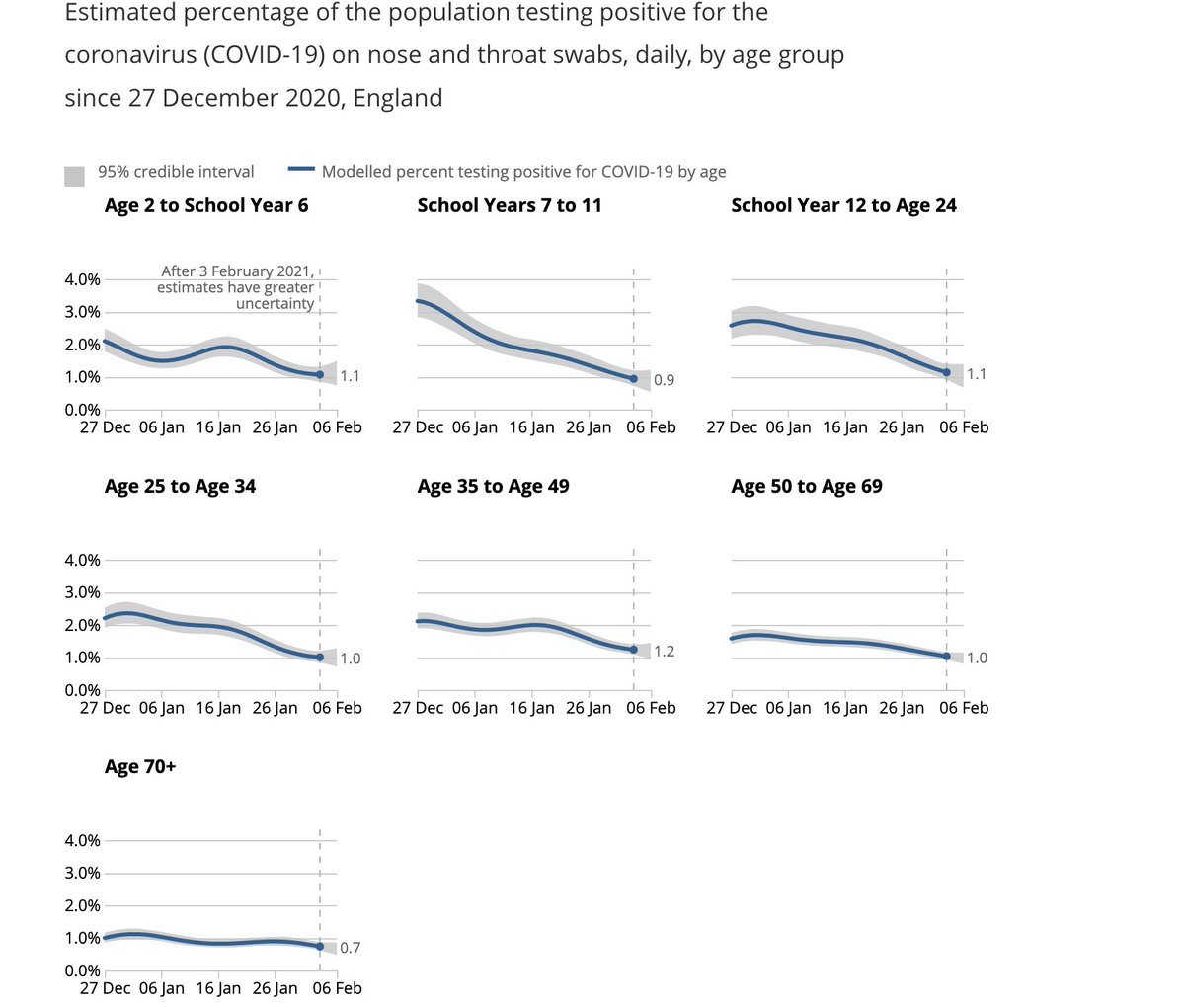OK, that describes about 1% of autistic people.
And it exactly matches the stereotype myth that all autistic people are like this.
But...if the aim is to improve how people respond to autistic people...how does this fictional character help?/
My concern is that the more we focus on that 1%, the more we a) forget the other 99% exist and b) the more we set people up to fail, on encountering us. I cannot begin to tell you how confused people are that I'm not a young male who can only talk about Sci-Fi & IT, for example/
...and teaching people how to think positive thoughts about a white male fantasy-fiction-fan doesn't get them anywhere when asked to collaborate with a middle aged gay mum. Let alone one who can manage a decent chat on almost any standard topic on earth/
As it happens, I can chat about LOTR, and IT. But probably no more than anyone else on the street.
If we're serious about improving autistic lives, we need to be serious about diversity.
For sure it will help any autistic person to communicate about our specialist knowledge. Those areas are hugely varied. Arts, music, people, healthcare, politics, spirituality, you name it and there's autistic people who are specialists in it. Some, in many/sequential topics/
The reality is that if people look around them, they're already interacting with autistic people. Probably every week. At school, in college, on the bus, in the neighbourhood, in the shop, in the workplace, in the hospital as one of the medical team/
The idea that we are some rarity that one can to prepare to meet for the first ever time is really really strange.
And it makes it so much harder for the fabulous autistic people living in general society to disclose that we're autistic.
Let's rethink.
Not least because so many autistic adults have no idea they're autistic.
If their 'sample autistic person' is a white male talking about Lord of the Rings, and they're actually a Black female Nurse, what would lead them to ever investigate that possibility?
The most valuable lesson we can give about autism is that there's autistic people already in our lives, and that society needs to make this a safe place to disclose.
To encourage them to rethink that person they assumed was 'rude'.
To share, and enjoy, life alongside us.
I'll also issue a Hard Stare for this example from that paper:
"participants with greater contact with individuals with ASD"
We're autistic people. Not a disorder. Not people 'with ASD' thank you.
Correct group terms help reduce stigma, don't they.
Thank you.
